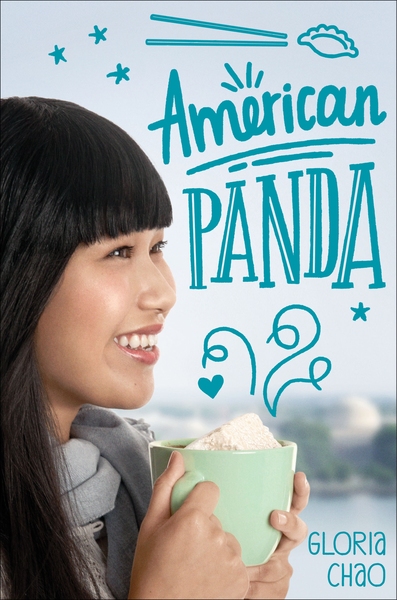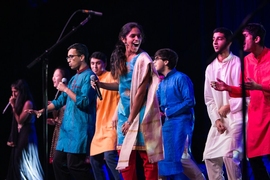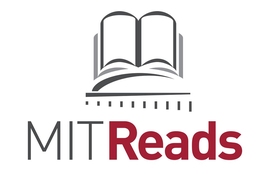The young adult novel, “American Panda,” recently arrived in bookstores for the Lunar New Year. The book, the debut novel of dentist-turned-writer Gloria Chao ’08 is set on the MIT campus. The protagonist, Mei, struggles between Taiwanese and American cultural values, particularly involving romance and career. The interview below with Chao reveals her motivations, what’s next in her writing career, and her favorite holiday foods.
Q: What are some of the important messages in “American Panda” about how young Asian-Americans can balance their heritage and their contemporary life in the U.S.?
A: I wanted “American Panda” to show readers that they aren’t alone, that it’s okay to not feel wholly one thing or another, and that cultural gaps can be difficult. I wanted to capture the struggles I went through as a teen that were difficult to explain to my friends, and to write a character that was relatable to many but also specific enough to show a window into another world. I also wanted readers to know that things can get better, as they did for me in real life. It took 30 years, but my parents and I learned how to communicate, and a large part of that was in thanks to this book, which forced us to talk through some of the past and, more importantly, the present.
There isn’t one right answer for balancing heritage and a contemporary life in the U.S., but I tried to capture one Taiwanese-American experience in the book: mine. I’m still figuring things out, but I hope some of my experiences can help others.
Q: Why did you decide to focus on writing young adult novels? And what’s next?
A: When I was in dental school, I fell in love with young adult novels, and when I decided to switch careers, I wanted to write the book I needed as a teen. I had a very windy path here, but writing is what I’m most passionate about. I just wish I had discovered it sooner so I could have taken advantage of MIT’s impressive creative writing curriculum! I took one class, [21W.021/21W.024] Writing and Experience, with Lucy Marx, and absolutely loved it, and one of my regrets is not exploring 21W more!
My second novel recently sold to Simon Pulse and will be released fall 2019. “Misaligned” follows a teen outcast who is swept up in a forbidden romance and down a rabbit hole of dark family secrets when another Asian family moves to her small, predominantly white Midwestern town.
For an MIT insider’s comments, read The Tech review by first-year student Patricia Gao.
Happy Year of the Dog!
Q: What are your best personal memories of Chinese New Year?
A: My family is very food-oriented, especially at the New Year. We like to follow some of the fun traditions, like ordering fish because the Chinese word for “fish” (魚) is a homonym for “surplus” (餘), and eating dumplings because they look like old Chinese money. Some of my favorite Chinese New Year memories involve big family gatherings with my grandmother and aunts flying in from Minnesota for a huge feast with several courses. Fish slathered in sweet-and-sour sauce, pork shoulder, sometimes even Peking duck. And we’d always finish with my favorite Chinese dessert: eight-treasure rice with candied fruits, nuts, plums, and other deliciousness. Another one of our Chinese New Year traditions is to pay respect to my late grandfathers. After honoring the deceased, my brothers and I used to receive a red envelope with money inside.
A version of this article originally appeared on the MIT Alumni Association's Slice of MIT blog.









